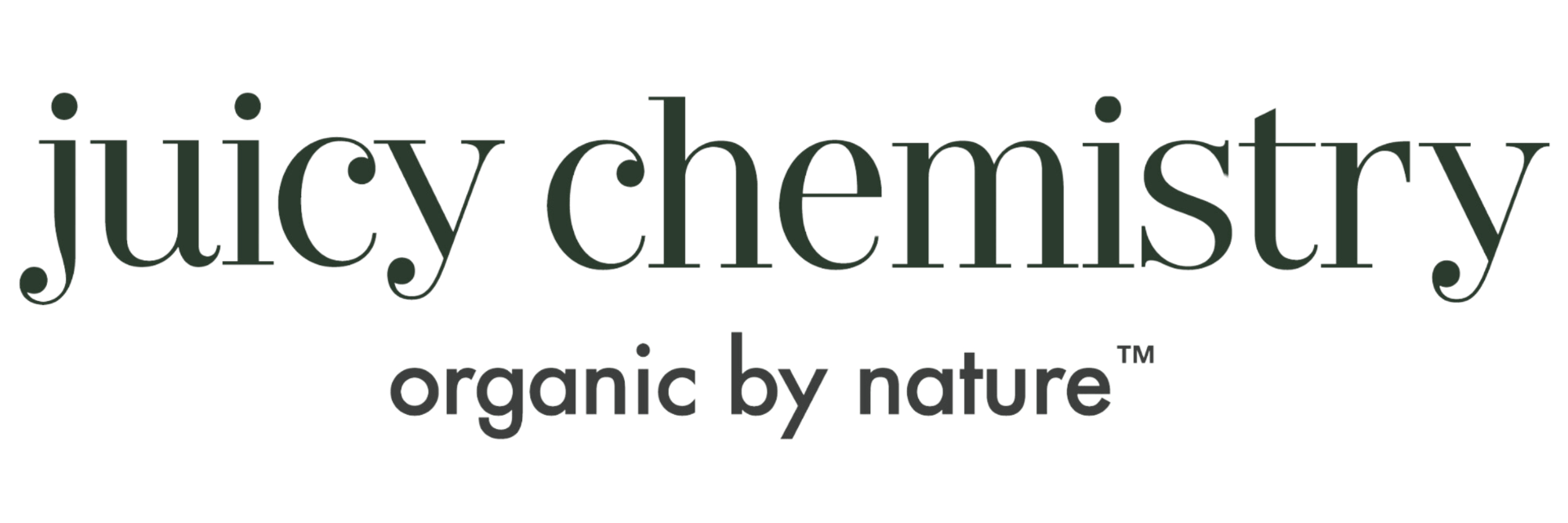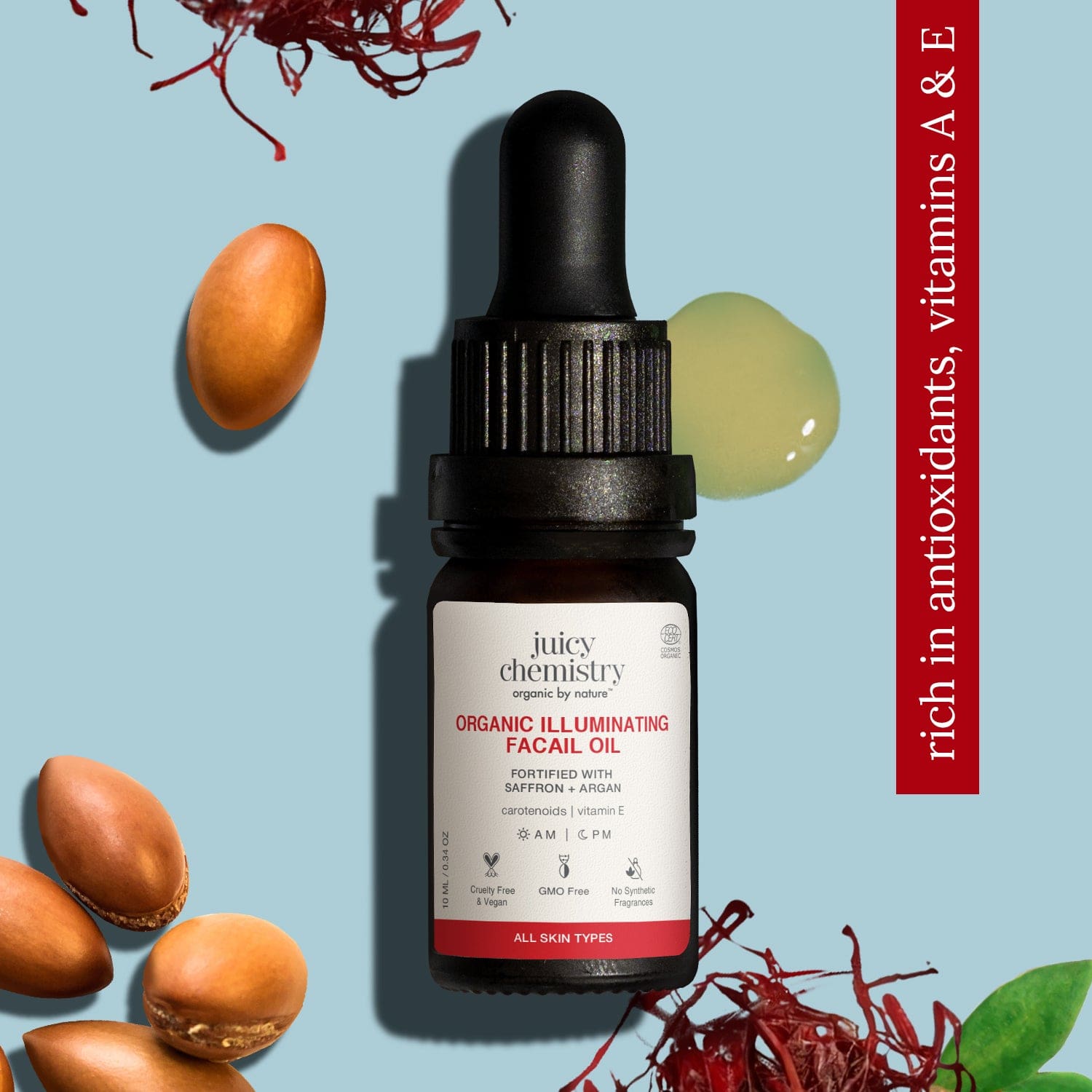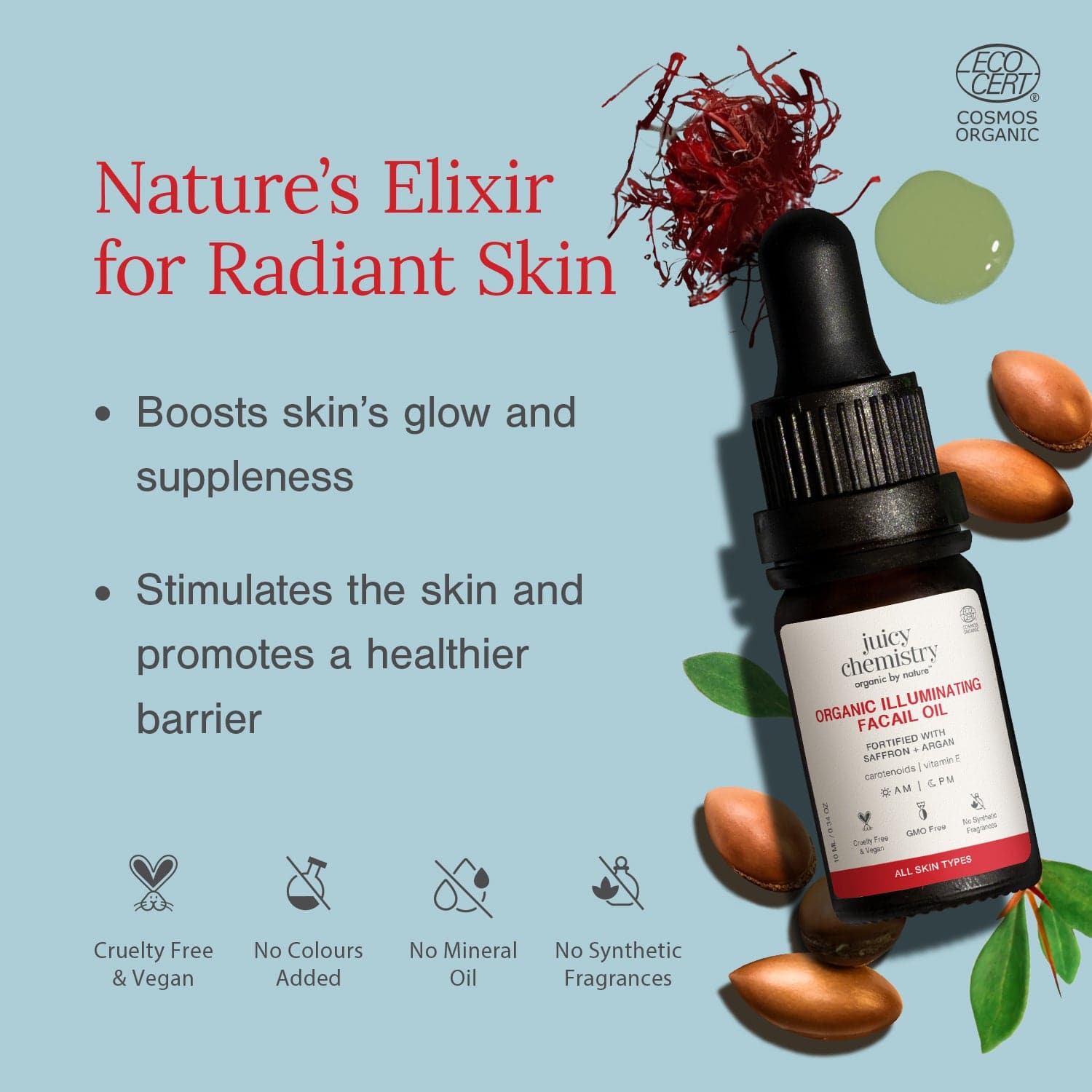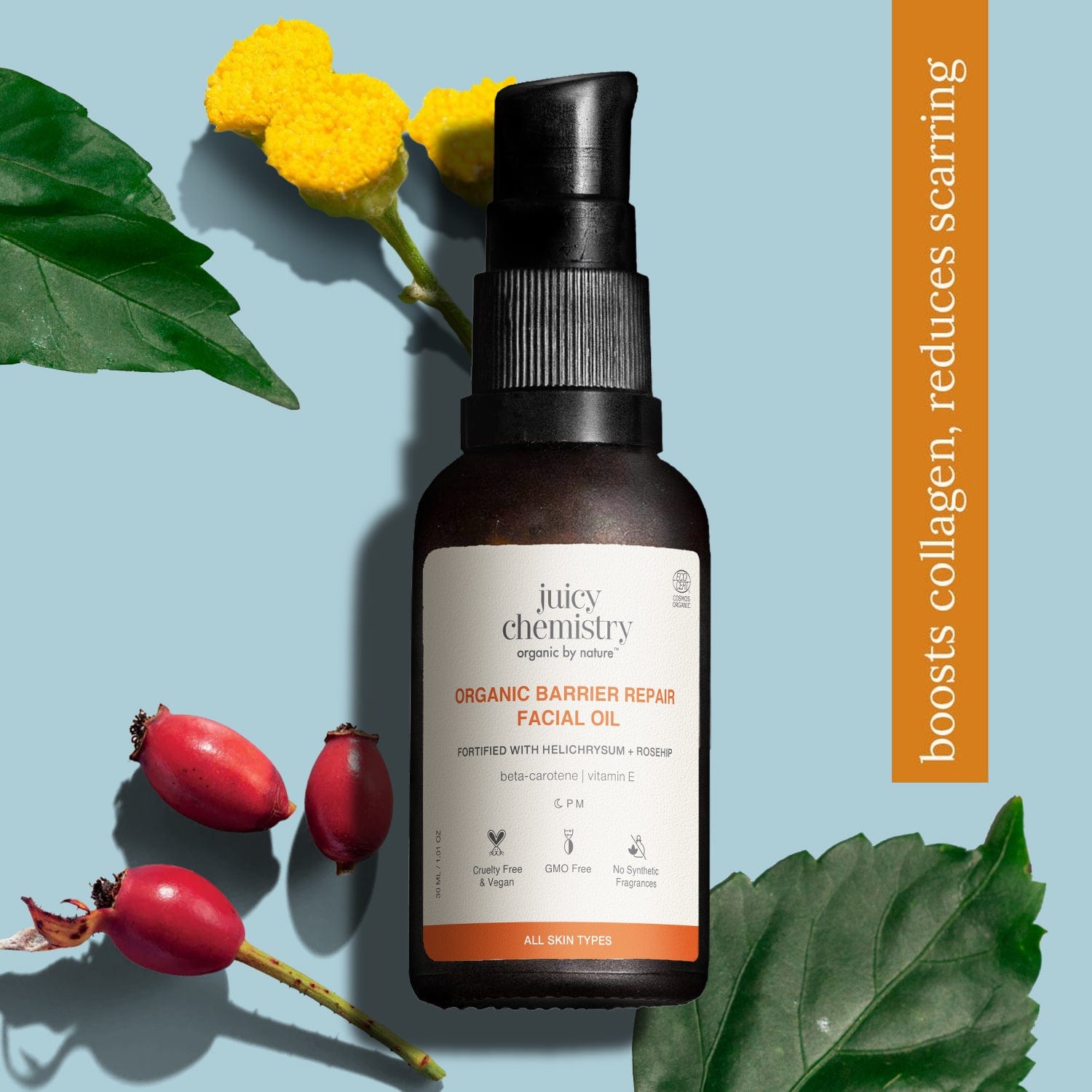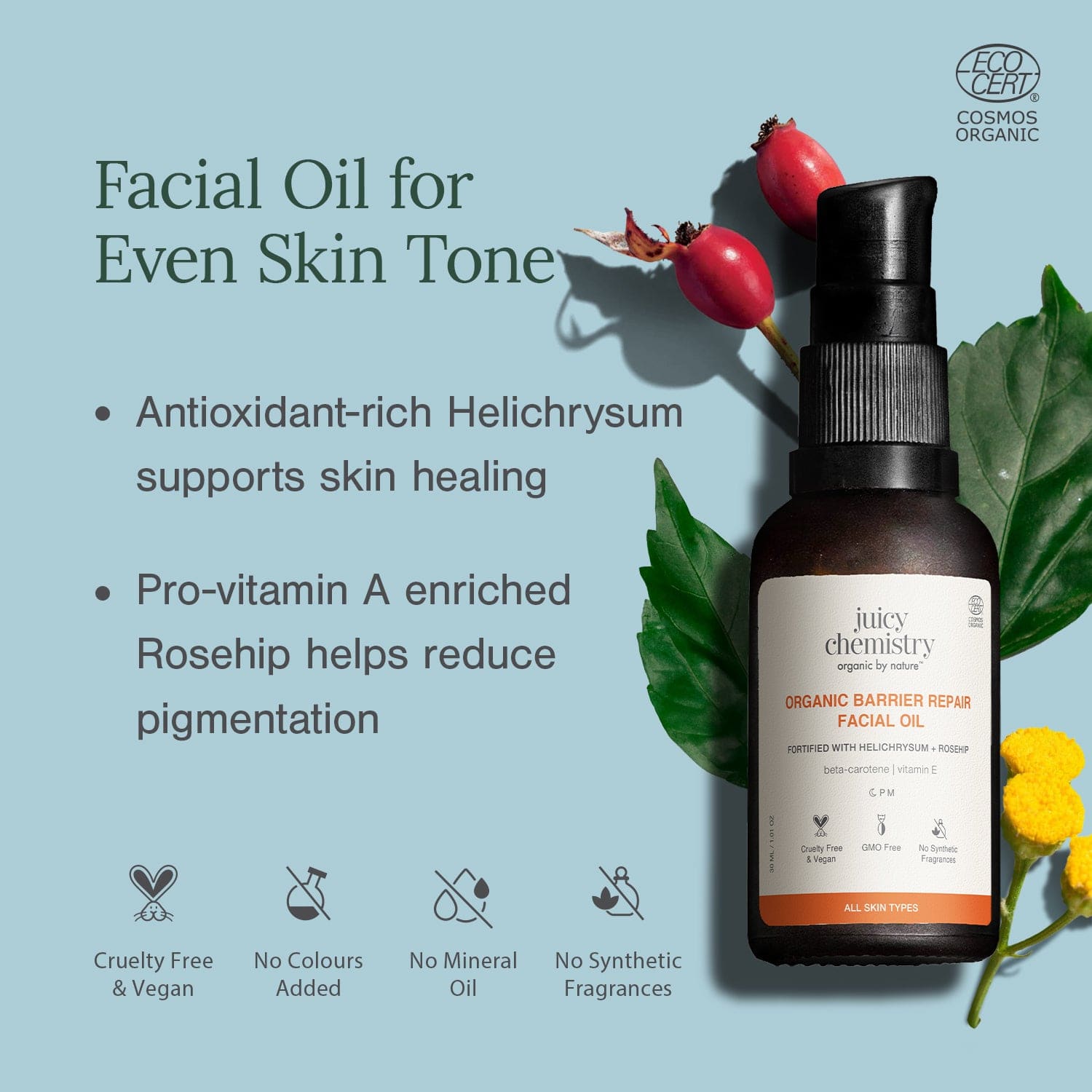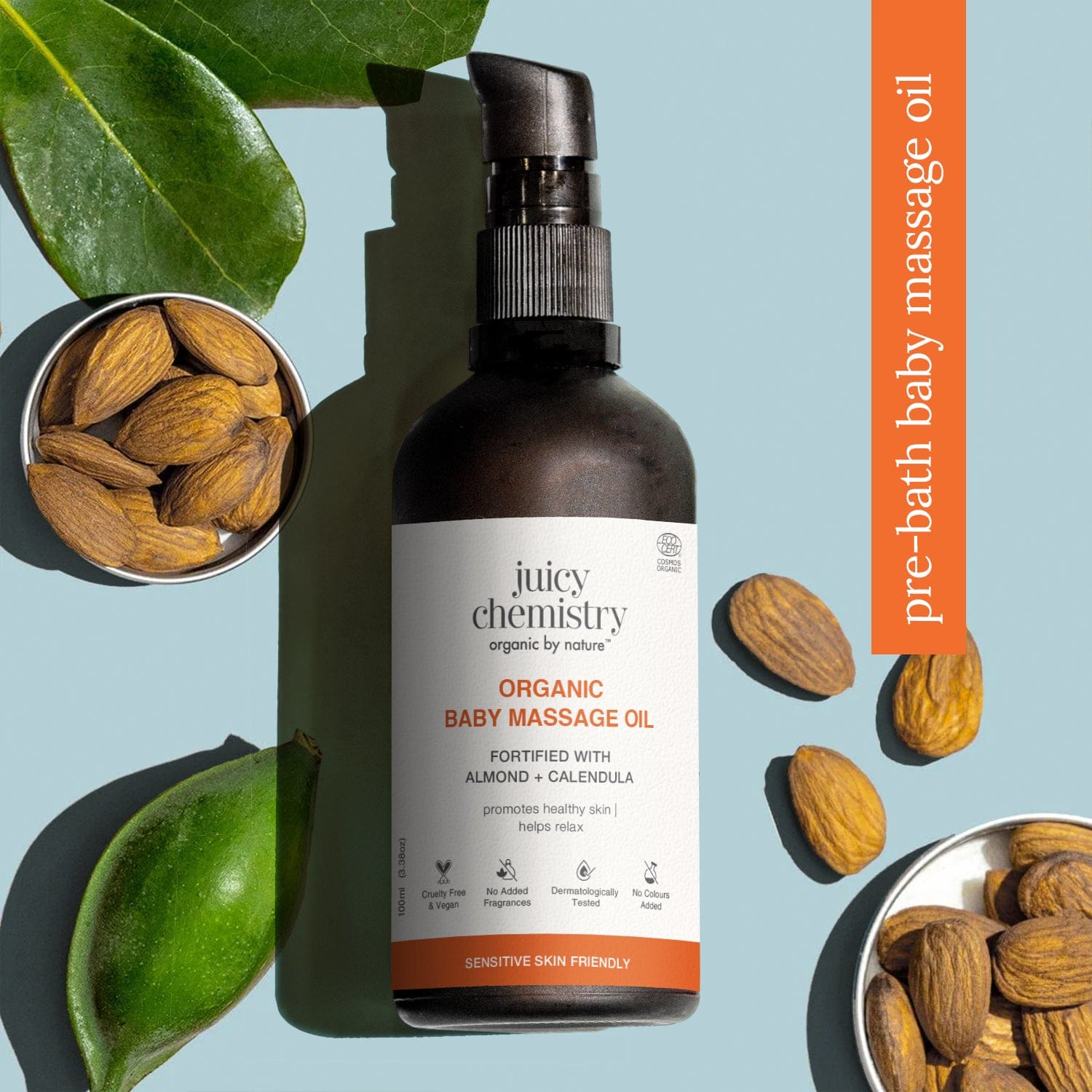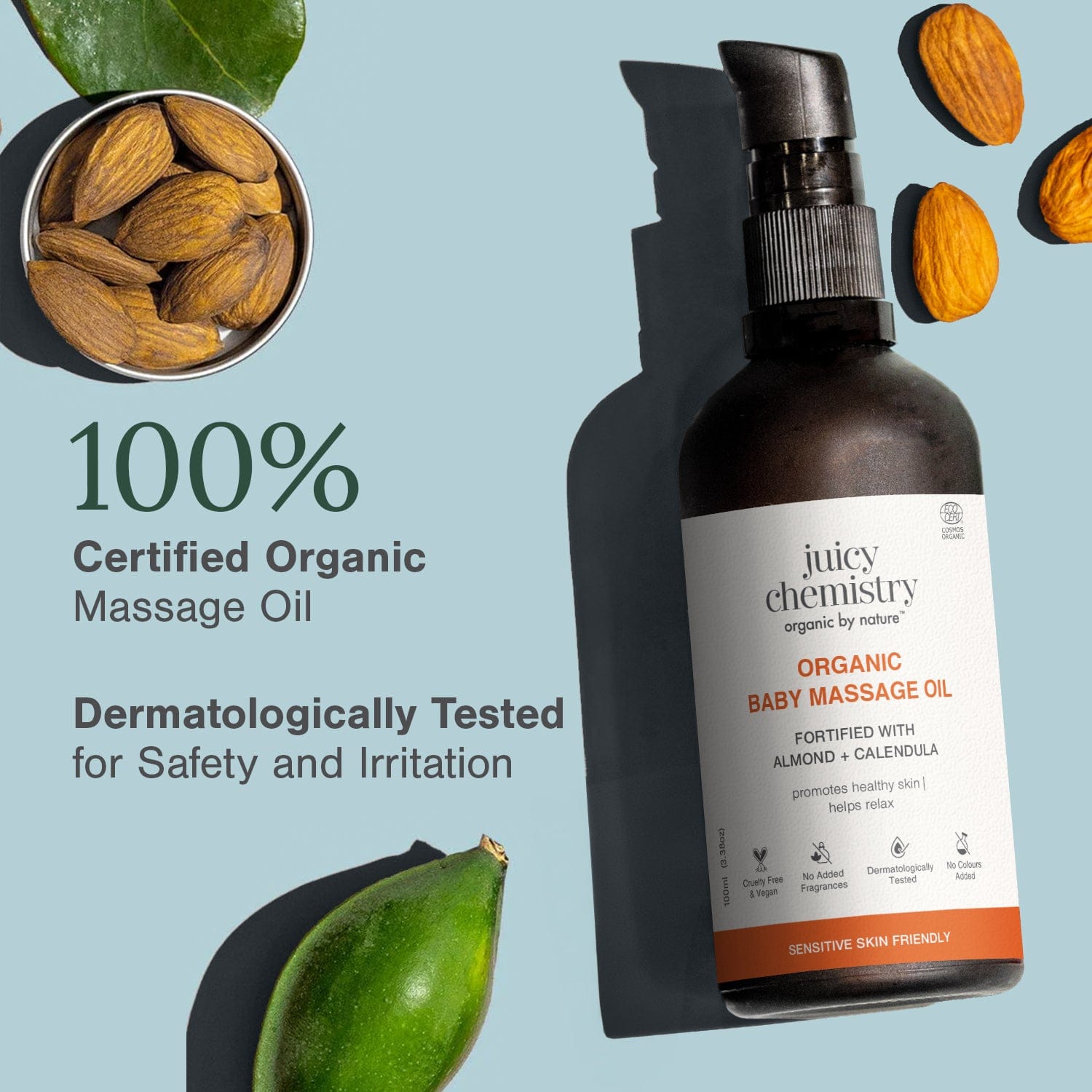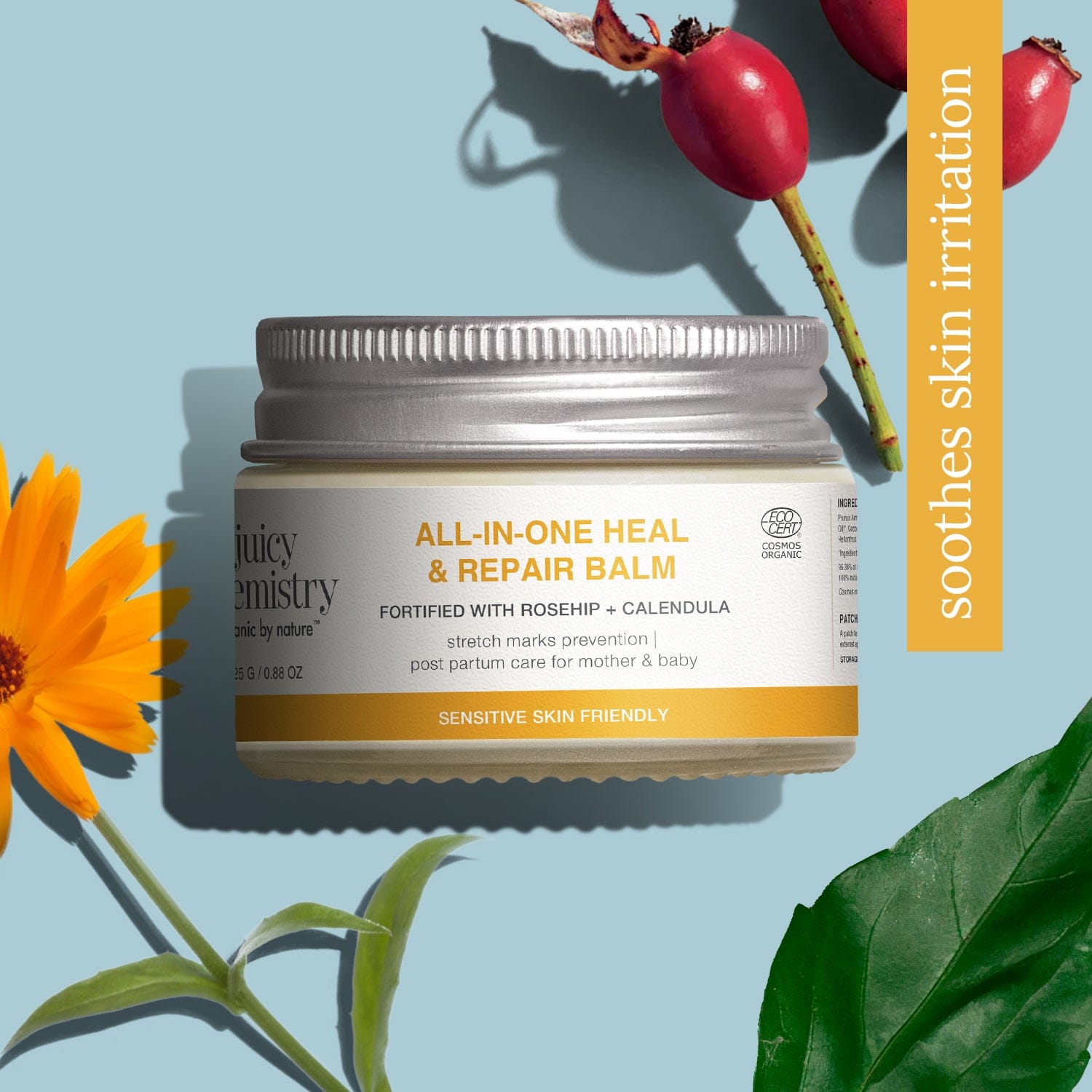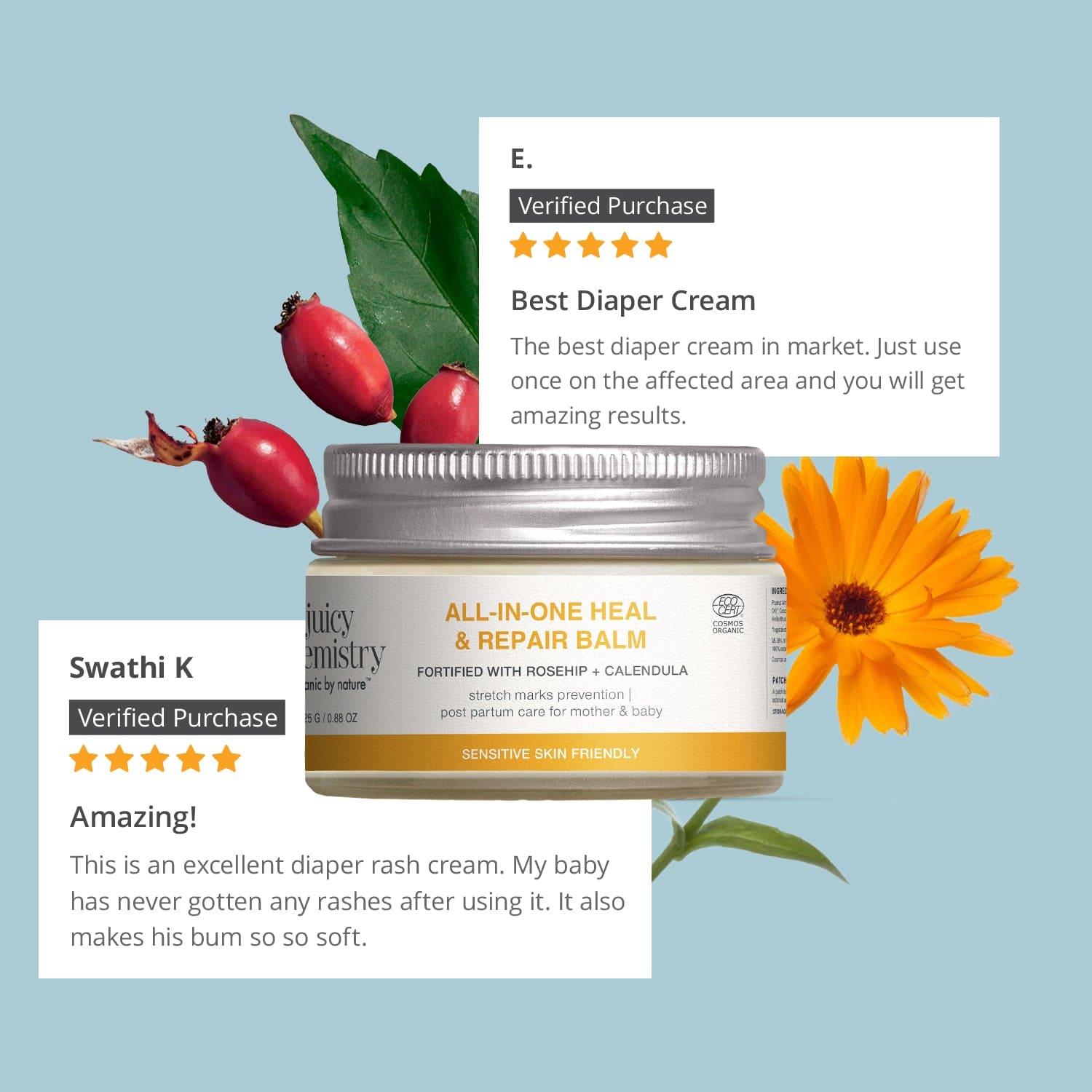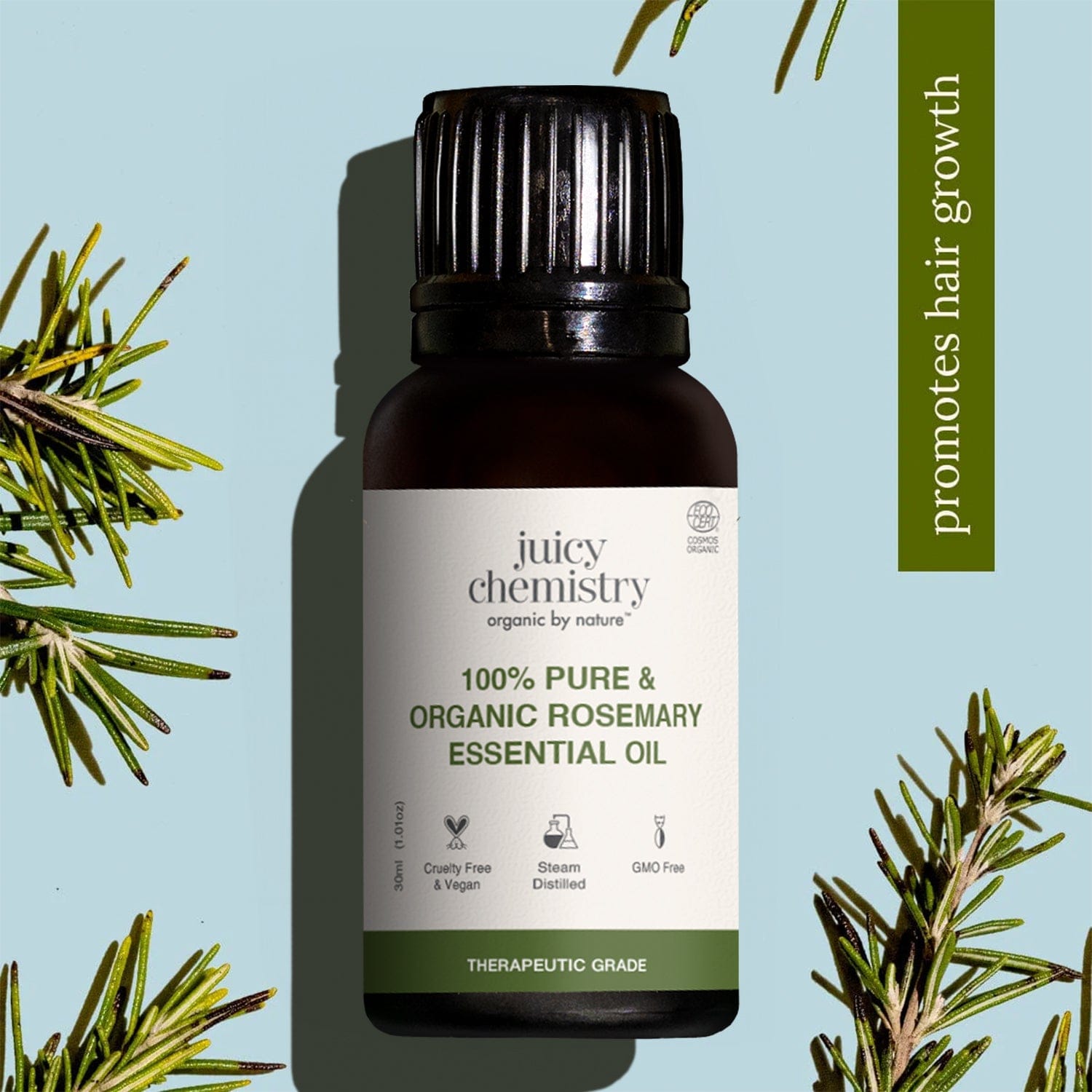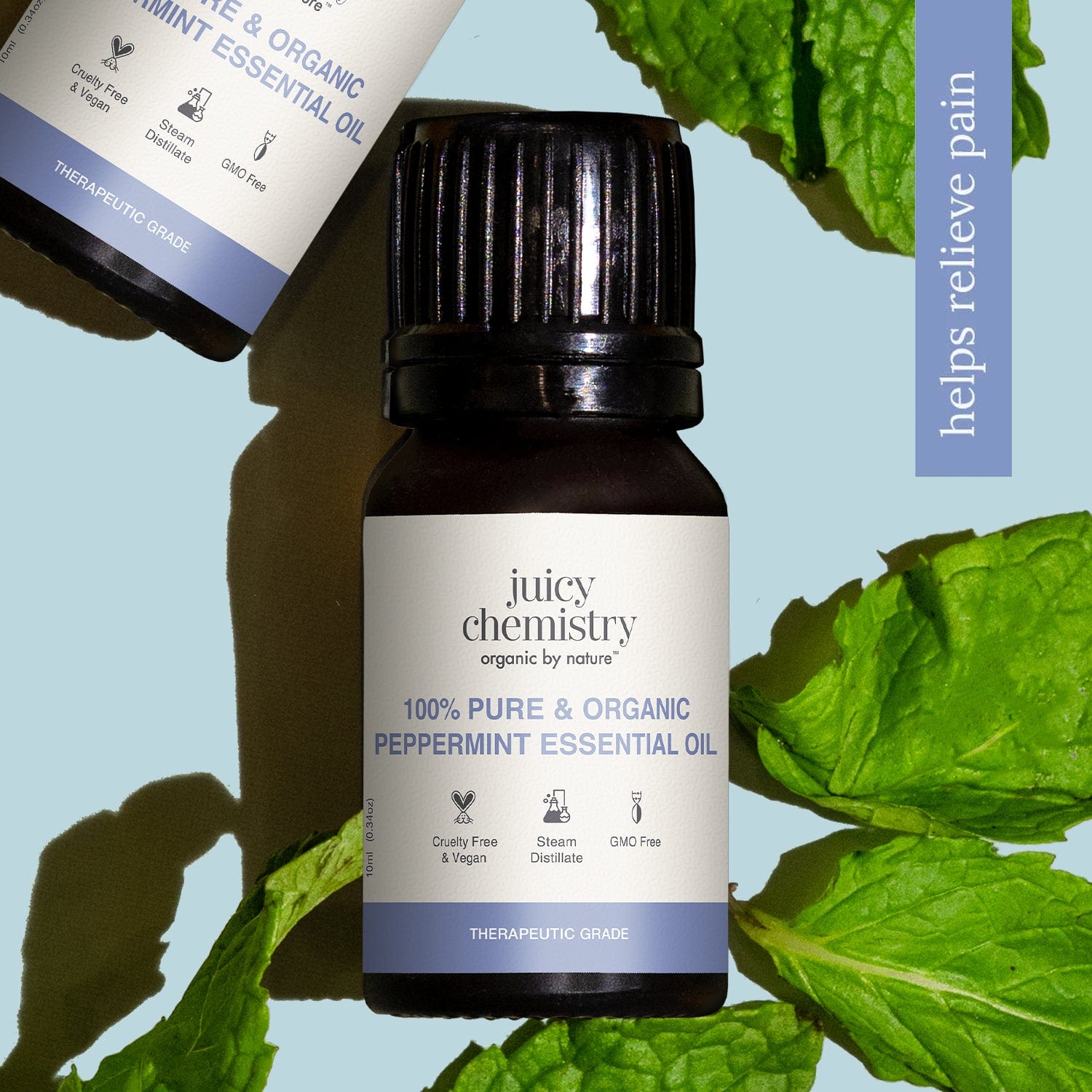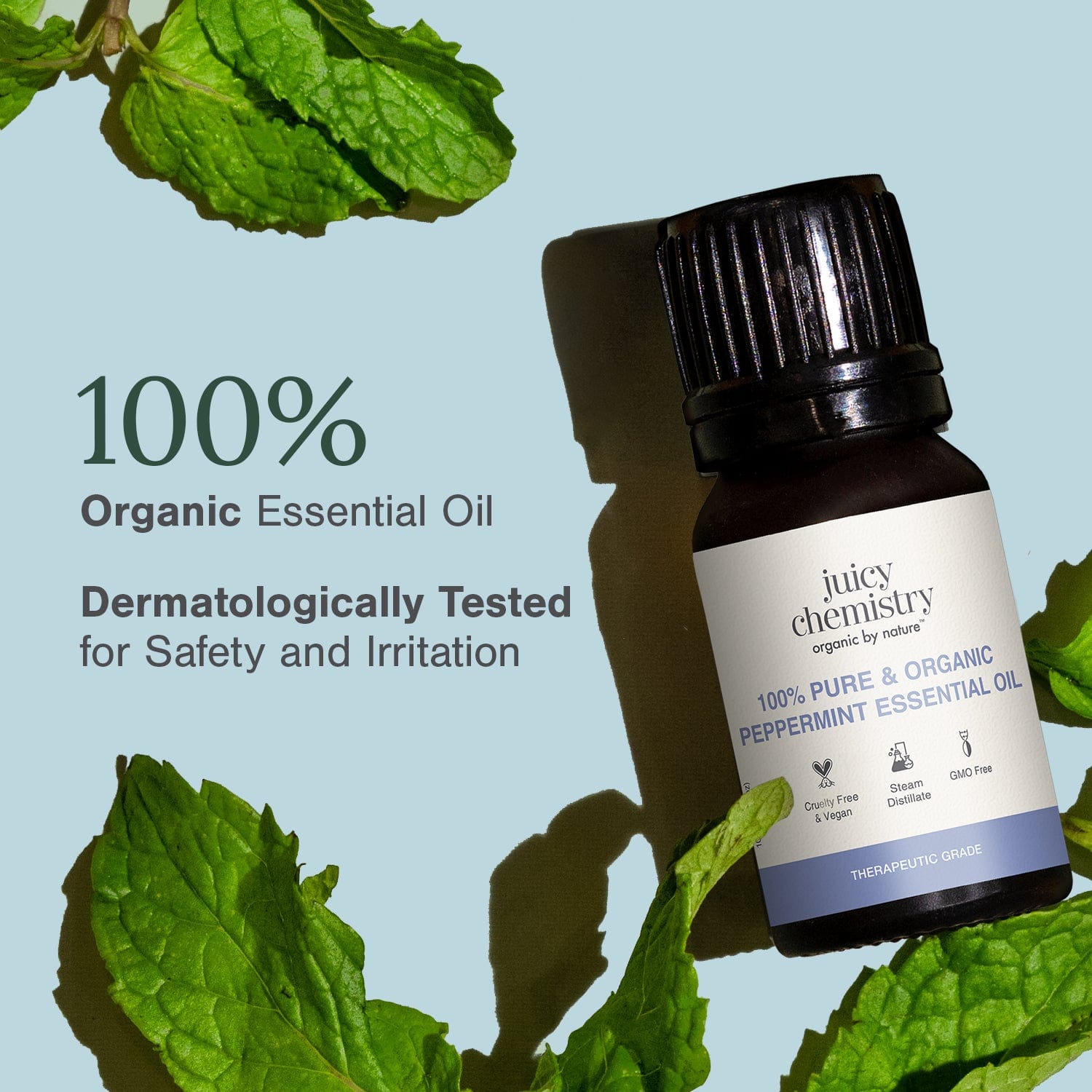Phyto-retinol : Pregnancy Safe Alternative to Retinol
December 25, 2024Retinol is renowned as a versatile powerhouse in skincare, particularly for its effectiveness in diminishing wrinkles and combating acne. It is predominantly found in serums and creams designed to address visible signs of aging, breakouts, skin texture, and tone. By enhancing skin cell turnover, retinol offers numerous benefits for the skin. However, is it safe to use while pregnant or breastfeeding? If it’s not, what alternatives exist, and how can they be integrated into a skincare routine? Let’s explore all of this.
What is Retinol?
Retinol is a fat-soluble variant of vitamin A, classified as a retinoid that the skin transforms into retinoic acid. These retinoids serve as potent antioxidants, promoting skin cell turnover, boosting collagen production, and treating acne. It’s crucial to recognize that while the advantages of retinol are unmatched, some individuals may experience common side effects, including irritation, sensitivity, dryness, uneven texture, skin flakiness, redness, and increased sensitivity to sunlight.
Can Retinol be used during pregnancy?
Studies indicate that an excess of Vitamin A, from which all retinoids are derived, is associated with birth defects. The potential risks of using retinoids, including retinol, during pregnancy encompass a condition known as “fetal retinoid syndrome.” This syndrome is characterized by a range of physical and mental birth defects that arise directly from retinoid exposure.
The types of deformities and their severity can vary, but they often affect both prenatal and postnatal growth. The most frequently observed abnormalities linked to retinol and retinoid use include craniofacial, cardiac, central nervous system, and thymic malformations.
Craniofacial malformations - Some infants have exhibited facial structure abnormalities when retinoids are utilized during pregnancy.
Cardiac malformations - Potential heart-related abnormalities may arise, including malformations such as holes in the heart or hypoplastic left heart syndrome.
Other deformities that may occur include spinal and limb malformations, hypotonia, anophthalmia, and webbed fingers.
Are there alternatives to Retinol during pregnancy?
If you’re using retinol for anti-aging benefits, consider products containing phytoretinols. Phyto-retinol refers to plant-based compounds that replicate the effects of traditional retinol without the associated risks, making them particularly suitable for those seeking safer options during pregnancy and breastfeeding. These natural ingredients are abundant in pro-vitamin A and are believed to offer similar anti-aging and acne-fighting advantages. Due to the common side effects linked to conventional retinol, many skincare enthusiasts are on the lookout for alternatives to treat acne and aging skin.
Phytoretinols such as Revinage, Bakuchiol, and Rosehip Seed oil can serve as substitutes for traditional retinol during pregnancy.
Revinage is a new star ingredient that closely resembles traditional retinol. Derived from Bidens pilosa, Murumuru butter, Linseed oil, and Cottonseed oil, Revinage mimics the same results as retinol, including enhancing collagen production, reducing the appearance of fine lines and wrinkles, and minimizing signs of hyperpigmentation.
Bakuchiol is a plant extract sourced from the Psoralea corylifolia plant that interacts with the same retinoid receptors in the skin but does not structurally resemble retinol.
Benefits of Revinage
Revinage provides the same benefits as retinol without the adverse effects. It can enhance cell turnover, smooth out wrinkles, fine lines, and dullness, and diminish acne, dark spots, pigmentation, and uneven texture. To see noticeable results, consistent and regular use of Revinage over an extended period is necessary.
Safe for Pregnancy and Breastfeeding
Revinage not only offers anti-aging properties but is also generally regarded as safe for women who are pregnant or breastfeeding. Nevertheless, it is always advisable to consult a healthcare professional before adding any new product to your skincare routine during these times. Testing products on a small patch of skin first can also help prevent any adverse reactions.
Juicy Chemistry Phyto-retinol Advanced Serum Moisturiser
To maintain a safe skincare regimen during pregnancy and breastfeeding, consider using the Juicy Chemistry Phyto-retinol Advanced Serum Moisturiser as a retinol alternative. This product combines the advantages of Revinage, Bakuchiol, and Rosehip Seed Oil, effectively addressing signs of aging while promoting collagen and elastin production to improve the skin's firmness, structure, strength, and resilience. Additionally, it supports and fortifies the skin barrier, providing antioxidant and soothing benefits. Infused with Moringa and Aloe Vera Juice, this face serum also aids in brightening the skin and preventing moisture loss.
References
https://pmc.ncbi.nlm.nih.gov/articles/PMC3114665/
https://pubmed.ncbi.nlm.nih.gov/29947134/
https://pmc.ncbi.nlm.nih.gov/articles/PMC6470929/
https://rarediseases.org/rare-diseases/fetal-retinoid-syndrome/
